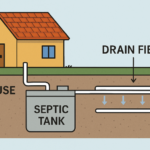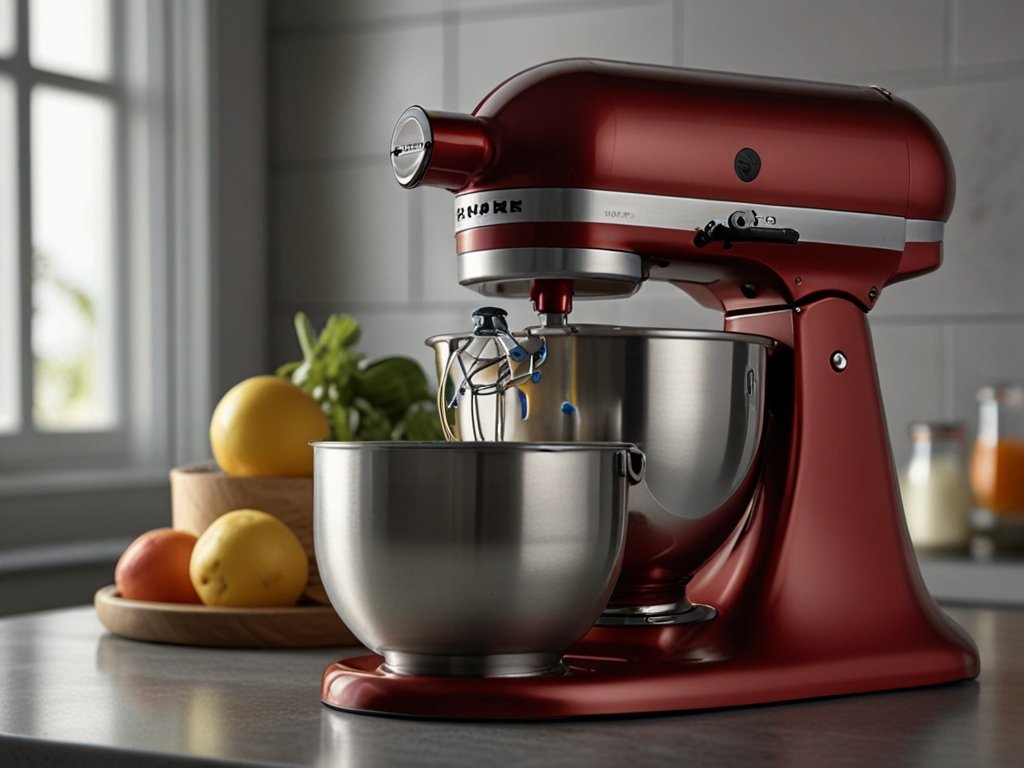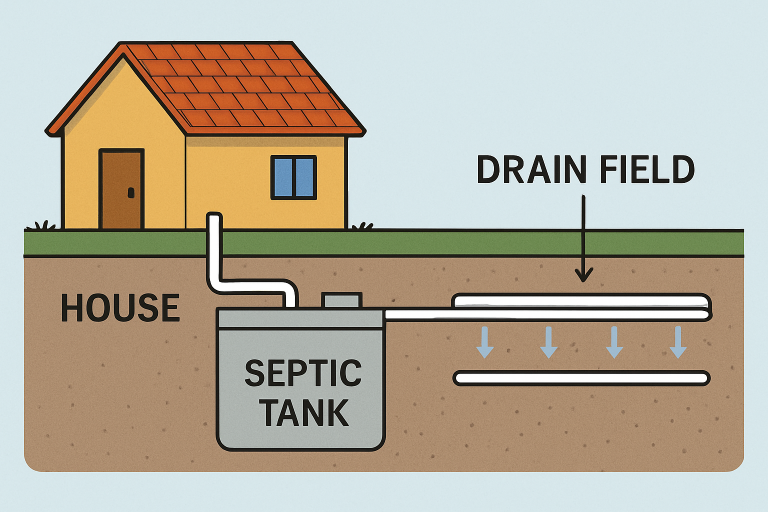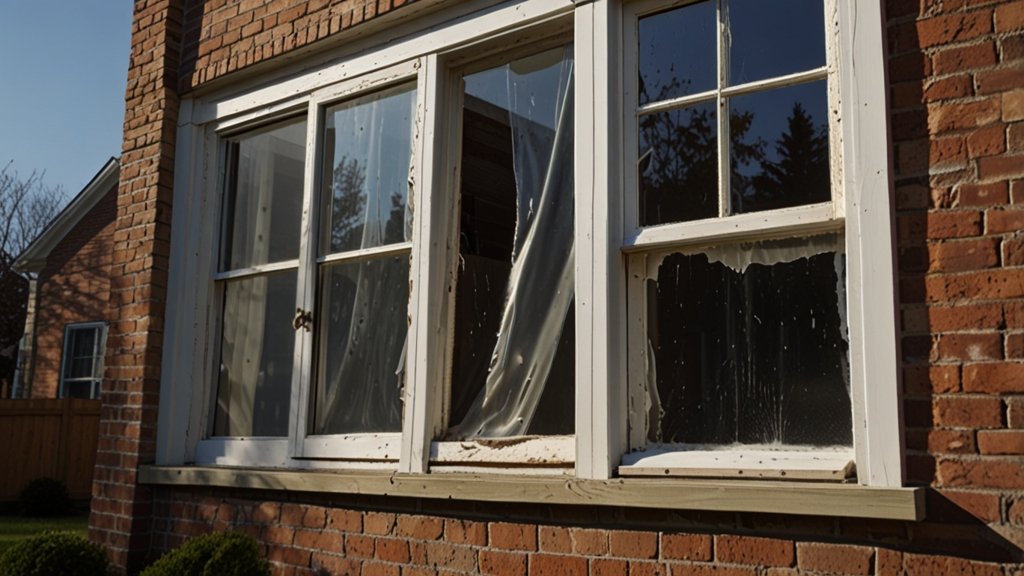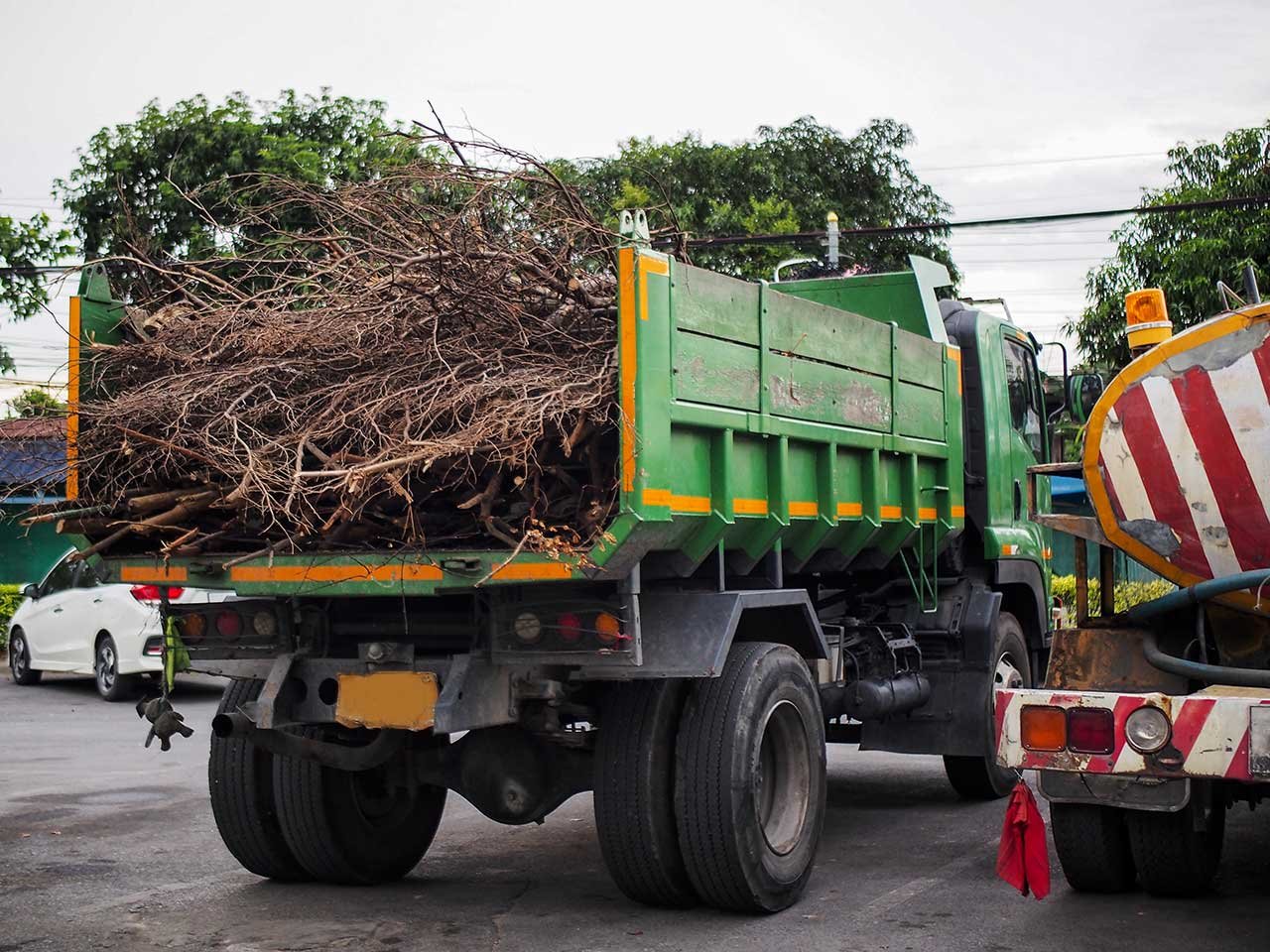Stand Mixer Factory Innovations Elevate Kitchen Efficiency
Modern kitchens rely on high-quality appliances to simplify tasks, and stand mixers are essential for baking and food prep. However, the factories producing these machines now prioritize innovations that transform kitchen workflows.
Smart Technology Enhances Mixer Performance
Stand mixer factories integrate IoT sensors and AI-driven motors to optimize mixing speeds and power use. These upgrades reduce energy waste while ensuring consistent dough or batter textures. For example, some models automatically adjust torque based on ingredient density, preventing motor strain.
Customization Meets Diverse Kitchen Needs
Factories now offer modular designs, allowing users to swap attachments for tasks like grinding meat or extruding pasta. This flexibility reduces clutter and costs, as one machine replaces multiple tools. Additionally, factories prioritize durable materials like stainless steel, extending product lifespans in busy kitchens.
Eco-Friendly Practices Reduce Environmental Impact
Leading factories employ solar-powered assembly lines and recyclable packaging. Energy-efficient motors and reduced plastic use further minimize carbon footprints. These steps align with global sustainability goals while lowering long-term operational costs for buyers.
Future Trends in Stand Mixer Production
Experts predict voice-controlled mixers and 3D-printed attachments will dominate future factories. Automation will also streamline quality checks, ensuring flawless products reach consumers faster.
Conclusion
Stand mixer factories are reshaping kitchen efficiency through smarter tech, customization, and eco-conscious methods. These advancements empower both home cooks and professionals to achieve better results with fewer resources.
FAQs
- Why are stand mixer factories focusing on IoT technology?
IoT enables mixers to self-advert settings, improving precision and reducing energy use. - How do modular designs benefit users?
Swappable attachments let one mixer handle multiple tasks, saving space and money. - What eco-friendly practices do factories use?
Solar energy, recyclable materials, and energy-efficient motors lower environmental impact. - Are smart mixers harder to maintain?
No—self-diagnostic features alert users to issues, simplifying upkeep. - Will future mixers be more expensive?
Automation lowers production costs, making advanced features accessible at competitive prices.



